“If Jaysh o ‘Arab (a
Palestinian version of cowboys and Indians) reflected our trauma and goals to
liberate
Palestine, playing house expressed our dreams of a normal life.”
اضافة اعلان
In a vivid unfolding of personal recollections,
“They Called Me a Lioness” by Ahed Tamimi and Dena Takruri zooms into the
collective Palestinian experience of living under occupation and highlights the
never-dying, cross-generational hope of the resilient Palestinians subjected to
continuous torment by Israel.
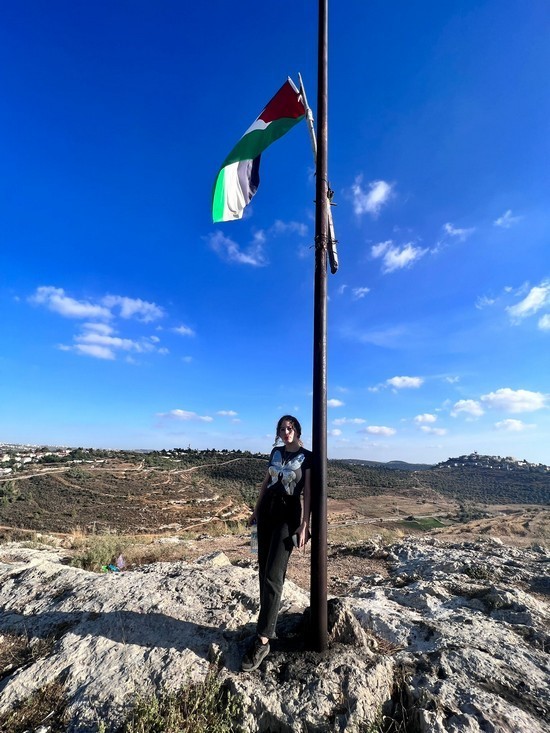 (Photo: Dena Takruri)
(Photo: Dena Takruri)
Seeing the steadfast Israeli-suffocated town of Nabi
Saleh through the eyes of Tamimi, a young woman who comes from a community of
survivors of Israeli aggression in all its devastating forms and who
“experienced” an Israeli jail at 17, readers also get a glimpse at the daily
life of a hailed hero who advocates for Palestinian rights.
Tamimi has become a symbol for Palestinians since
childhood when, in her pink Tweety bird shirt, she fearlessly confronted an
Israeli solider who was pinning down her younger brother. Later, the image of
her slapping an Israeli soldier in front of her house, “a natural reaction to
seeing belligerent foreign occupiers on my family’s land”, went viral.
But the memoir is not a foray into acts of
resistance alone; it is an immersive recollection of Tamimi, her family, and
the inhabitants of Nabi Saleh of the suffering inflicted by Israel, and her of
time in Israeli prison.
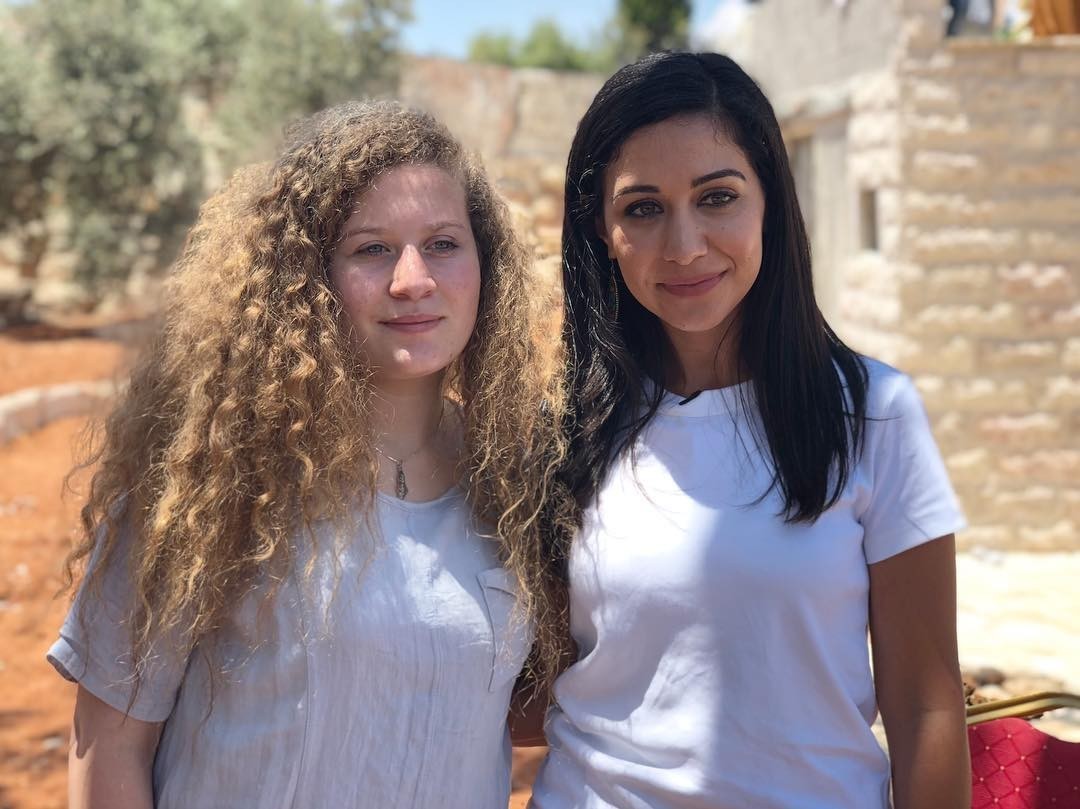 Ahed Tamimi (left) and Dena Takruri. (Photo: Dena Takruri’s Facebook)
Ahed Tamimi (left) and Dena Takruri. (Photo: Dena Takruri’s Facebook)
The effect of the violent Israeli occupation on
Palestinians’ lives is brought to the forefront through harrowing, at times
humorous, realities.
They Called Me a Lioness takes the reader on
Tamimi’s journey. As she poked her “little fingers” through a metal fence in an
Israeli prison meeting room to touch her father — who was in endless
“administrative detention”, a common Israeli practice, during her childhood —
as she dreamt to become a professional football player. She tells of her crush
on Neymar, her unrelentless love for her family, her fear, her persistent joy,
her “new dream ... to move to Akka one day and live right by the shining sea”,
and her dream of freedom.
Because of this level of identification with Tamimi,
with her wit, humor, and stubborn and admirable clinging to hope, the language
of the book comforts and devastates at the same time. She is far from
one-dimensional, and her family, friends, and community give the novel its
pulse.
We strive to create life out of death, and we’ll continue to find beauty even in the ugliest parts of our lives.
“Rather than feeling like defeated victims, we began
collecting and repurposing these relics of war. We’d plant flowers in empty
tear gas canisters. I’ve transformed bullets fired at us into necklace pendants,
some of which I’ve gifted to close friends. The fence in front of Janna and my
uncle Bilal’s home is decorated with dozens of empty tear gas canisters, an
unusual display that sends a message to the Israeli army that despite its
attempts to literally choke and suppress us, we’re still standing.
“We strive to create life out of death, and we’ll
continue to find beauty even in the ugliest parts of our lives.”
Resistance does not come from a vacuum, and
Palestinian resistance, especially, is integral part of this people’s
existence. Beyond Tamimi’s fearless slap, Janna Jihad, another resident of Nabi
Saleh dubbed the world’s youngest journalist, is portrayed in the memoir
signing off with “Janna Jihad, Nabi Saleh, Occupied Palestine” at seven years
old.
 (Photo: Dena Takruri)
(Photo: Dena Takruri)
At protests and in response to the violence of
Israeli forces, readers see protesters amid the smoke of tear gas canisters and
Tamimi sitting on a bucket, one leg crossed over the other, and staring at
Israeli soldiers with a big smile on their faces, “a brilliantly hilarious
little victory”.
Even in imprisonment, Tamimi and her prison mates
find small ways to resist, by disassociating, holding classes to educate
inmates, or staging a fake séance to scare off the prison warden.
The book is as hopeful and inspirational as it is
devastating. Resistance is a celebrated act, one worthy of recognition that
Tamimi receives from foreign governments, most notably Turkey and South Africa,
but it more often comes at a great cost, and does not offer her or any other Palestinian
in Nabi Saleh any form of protection.
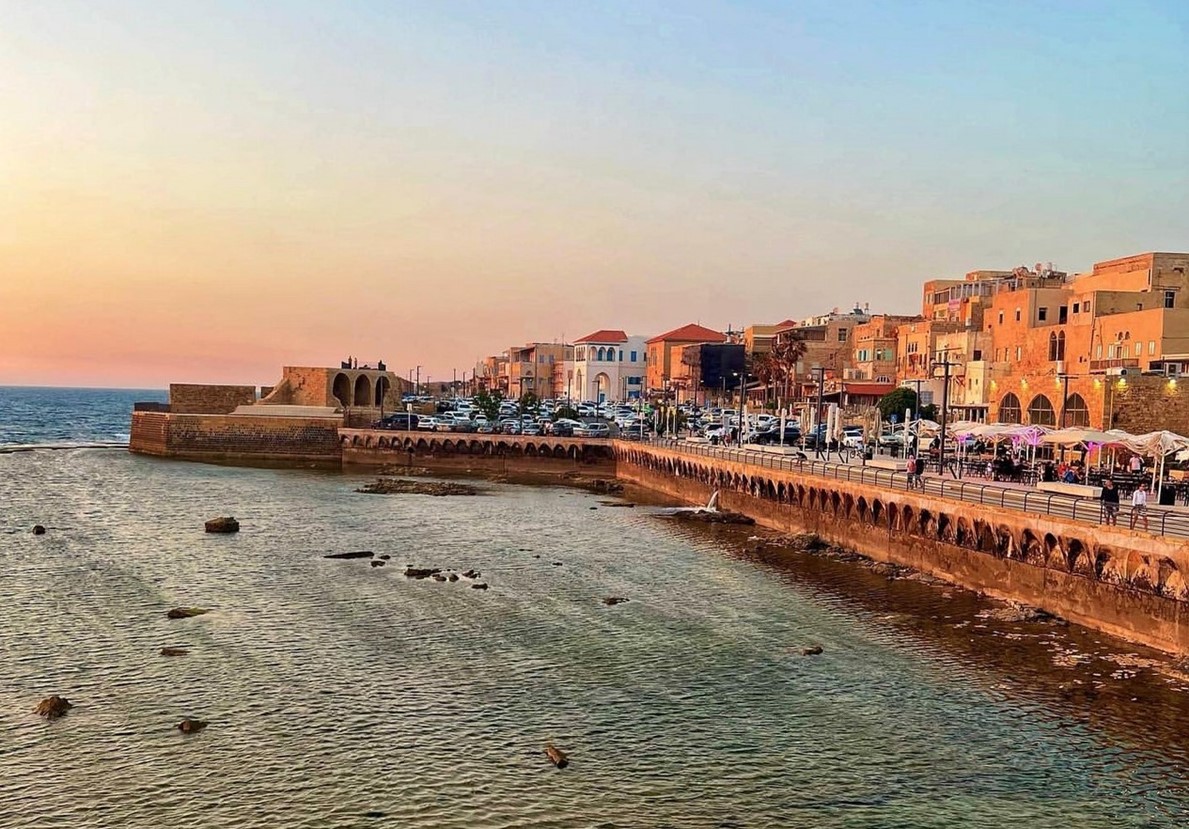 Akka. (Photo: Twitter)
Akka. (Photo: Twitter)
Lost childhood, murdered relatives, and
imprisonment, all while living under risk of house demolitions, violent
outbreaks from settlers, and uncertain futures are the reality Tamimi, Nabi
Saleh, and prisoners live. Death haunts the book.
Khalo Rushdie (Tamimi’s maternal uncle), Amto
Bassema (her paternal aunt), and Mustafa Tamimi (a distant cousin) are all
killed by Israeli forces, Rushdie and Mustafa in front of Ahed and her mother.
Tata Farha, Tamimi’s grandmother and Bassema’s mother, is seen screaming for
her daughter years after she had passed.
“Sometimes, I’d hear her weeping in her slumber and
calling out ‘Bassema!’ to her long-deceased daughter,” Ahed tells readers.
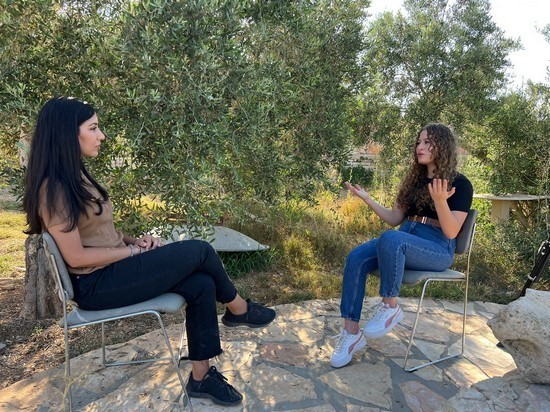 (Photo: Dena Takruri)
(Photo: Dena Takruri)
Suffering is ever present in the memoir; it makes
itself felt through tears, breakdowns, and deafening screams. And it also finds
its way through the silence of holding rooms, the coldness of prison cell
floors, and the flashing lights of prison guards.
The book brings to life a fragment of the modern
history of Palestine. It refutes the fallacy, if anyone ever entertained the
notion, that the occupation has ended. But most importantly, it celebrates the
Palestinians’ love of life and joy, in the few moments they are allowed it,
despite the pain and suffering inflicted by the occupiers.
Tamimi is the symbol of a new generation of
Palestinians resisting occupation and apartheid, a powerful, inspiring image
for Palestinians everywhere. Her memoir is a love letter to resistance, a love
letter to Nabi Saleh, and most importantly, a love letter to a free Palestine.
Takruri talks about ‘They Called Me a Lioness’
Dena Takruri, senior presenter and host of “Direct From with Dena Takruri” on AJ+, met Ahed Tamimi when she was released, after eight months, from Israeli detention, on July 29, 2018, for an interview.
Takruri had spent two weeks before filming a two-part documentary on the village of Nabi Saleh, which is known for its weekly protests against Israeli occupation. Unarmed Palestinian protestors in Nabi Saleh are frequently tear gassed, sprayed with skunk water, or shot at with rubber-coated steel bullets and live ammunition.
Hundreds of dunums of Nabi Saleh’s lands have been confiscated for the purposes of building the illegal Israeli settlement Halamish, whose residents have burned hundreds of the village’s olive trees, reported Al Jazeera.
In 2009, the village’s water spring was appropriated by the settlers, sparking additional protests by Palestinian residents.
During her time at Nabi Saleh, Takruri talked to Tamimi’s family and relatives, getting a better understanding of the extent of the Palestinians’ suffering under Israeli occupation.
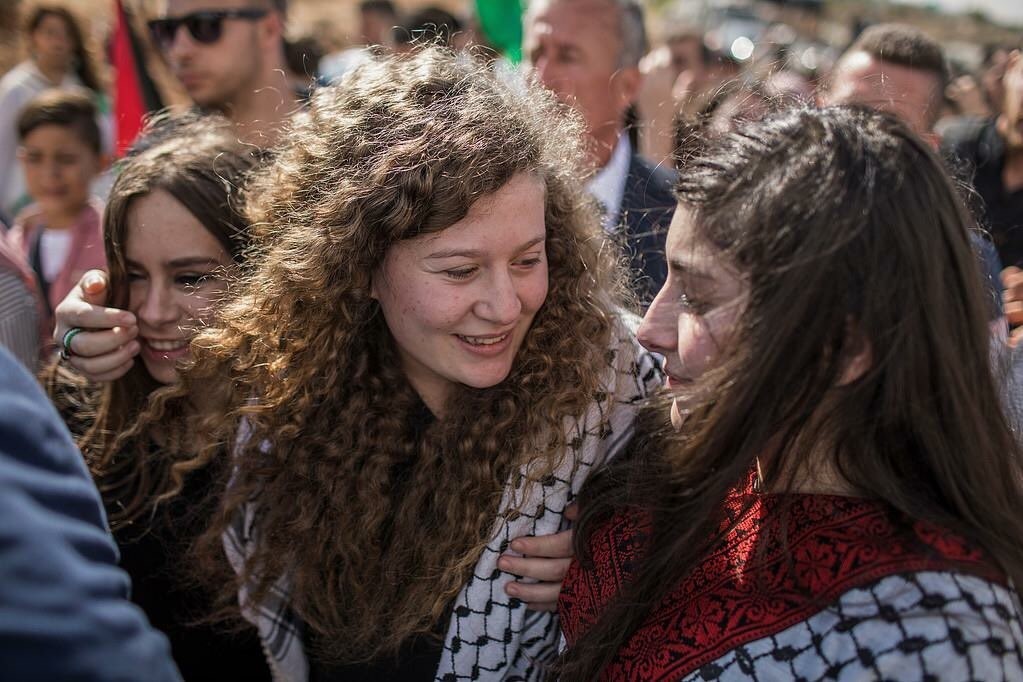
“When you shoot a documentary, and you have much footage, you edit it every single day. But you are not just editing what you filmed; there is also so much context over the years that has to be put into it,” Takruri told Jordan News in an interview over Zoom.
“These people that I had just met and bonded with in Nabi Saleh were getting attacked over the years, and it stuck with me in a way that not all stories have, and I was having dreams and nightmares about them,” she said.
Takruri’s interview with Tamimi and her documentary on Nabi Saleh was published shortly after, but Takruri felt “the work is not done here yet, there is something more here,” she said.
A few months later, Takruri approached Tamimi and her family with the idea of writing a book together, to which they agreed.
“This was it, this was the why,” said Takruri.
“This was my soul’s mission, and I was just so honored that they trusted me enough.”
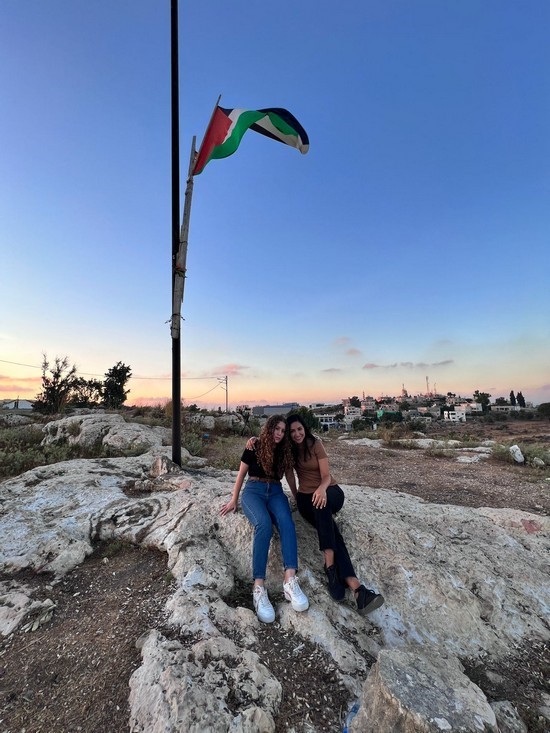 (Photo: Dena Takruri)
(Photo: Dena Takruri)
The book, “They Called Me a Lioness: A Palestinian Girl’s Fight for Freedom”, was produced in parts; first, recording the book in Nabi Saleh, then translating the information (which Takruri did herself), and putting the pieces together, then writing the manuscript. The writing took about five months.
“Shortly after we got the handshake book deal with One World, I flew out the next month (to Nabi Saleh)” to conduct an interview with Ahed Tamimi, and with her parents and relatives.
Throughout the interviews, one statement was repeatedly told to Takruri by Tamimi’s family: “This is not just the story of Ahed, this is the story of Palestine.”
Palestinian literature is heavily based on the crossover ideas from displacement and collective punishment to remembrance and hope.
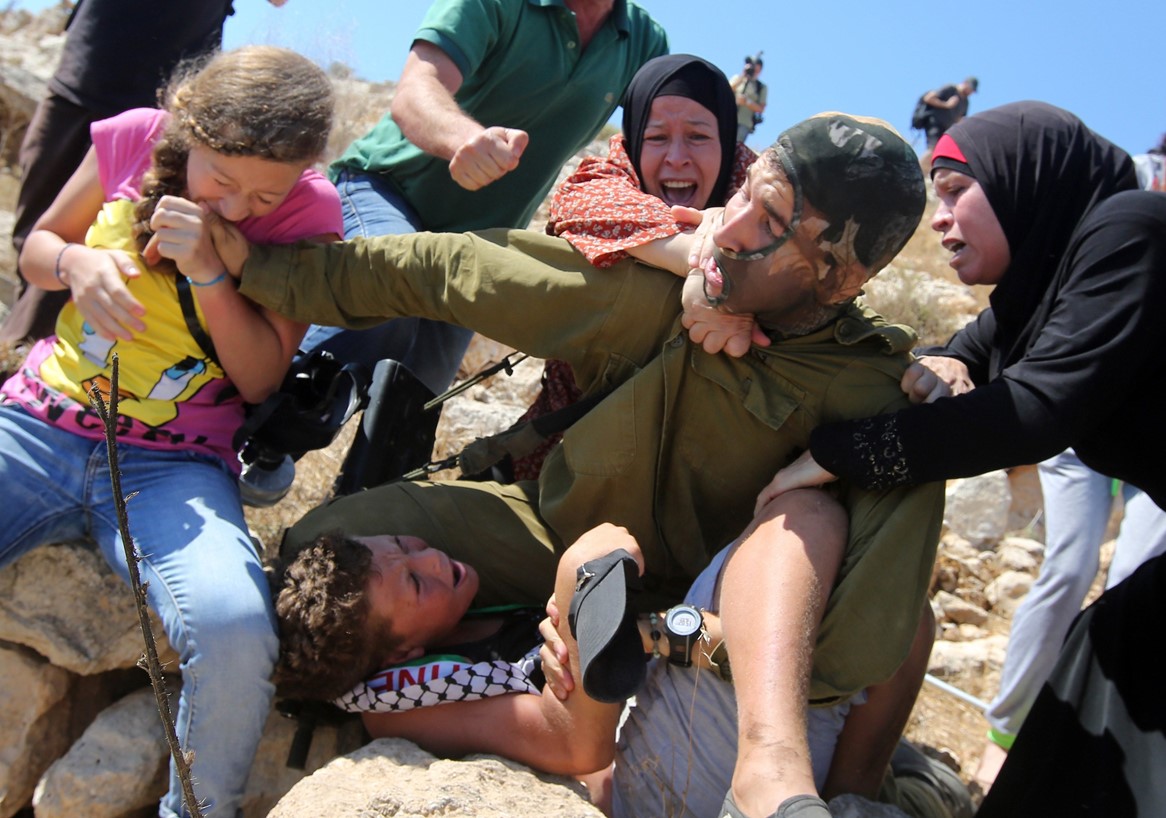 Ahed Tamimi (left) bites and fights an Israeli soldier who is restraining her younger brother on August 28, 2015. (Photo: Twitter)
Ahed Tamimi (left) bites and fights an Israeli soldier who is restraining her younger brother on August 28, 2015. (Photo: Twitter)
In They Called Me a Lioness, Takruri and Tamimi highlight these crossovers by meshing trauma with lighthearted scenes.
“A lot of it was honing in on — when speaking to her, her father, and her mother — the stories that got them animated,” Takruri said. Like the Israeli raid on Tamimi’s house, when her grandmother, Tata Farha, yelled at soldiers not to touch her olive oil.
“It is important to find balance. There is no denying that Ahed and her family, and every Palestinian living under Israeli military occupation, experience daily trauma and daily violence,” she said.
“But they are also human. There is a multifaceted experience to that, they have joys and dreams, and aspirations and laughter.”
“It is important to capture the entirety of their life,” she added.
Palestinian representation and stories, especially more recently, have been under continuous attack. On May 11, 2022, Al Jazeera journalist Shireen Abu Akleh was killed by Israeli forces despite the fact that she was wearing a press vest.
Abu Akleh’s murder caused uproar, with calls for justice mounting worldwide.
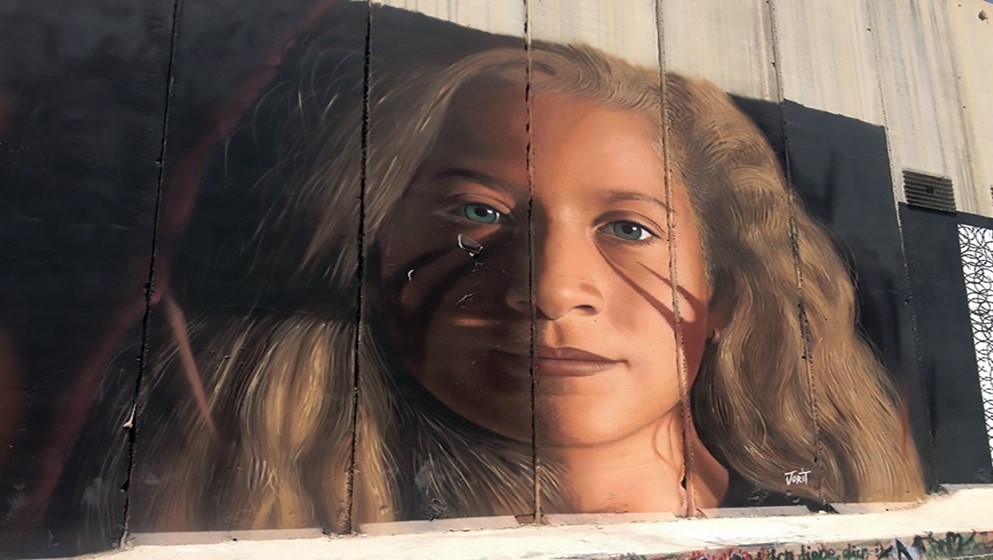 A mural done by Jorit Agoch depicts Palestinian teenager Ahed Tamimi on Israel’s separation wall in the West Bank city of Bethlehem. (Photo: Wikimedia Commons)
A mural done by Jorit Agoch depicts Palestinian teenager Ahed Tamimi on Israel’s separation wall in the West Bank city of Bethlehem. (Photo: Wikimedia Commons)
“As time goes on, there are more unfortunate pegs that highlight the urgency of telling Palestinian stories,” said Takruri, who was a colleague and friend of Abu Akleh.
“Times are shifting. ... Palestinian stories are getting more mainstream coverage,” said Takruri.
“Palestinian stories are being told by Palestinians.”
“I hope that these tragic incidents — like losing Shireen — are highlighting the urgency of getting the truth out there, ... and in that sense, we are honoring her and her legacy of telling these stories, and trying to tell the truth.”
The book’s targeted audience is those who have curiosity but lack context or background about Palestine. The goal is to make it accessible to those who want to learn, largely Americans, said Takruri.
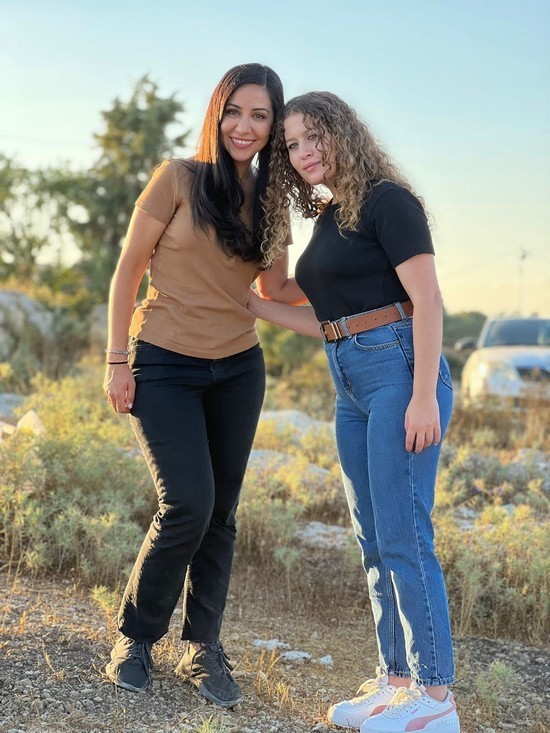 (Photo: Dena Takruri)
(Photo: Dena Takruri)
But, another target audience is young girls who are looking for a role model. Tamimi is “an incredible role model — a young, brave, and strong girl, who fights for her convictions”.
“This book is also for Palestinians. Not all Palestinians speak Arabic or understand Arabic,” said Takruri, highlighting the situation of many Palestinians in the diaspora.
“This books tries to bridge (the gap between Palestinians in the diaspora and Palestine), and tries to get Palestinians closer to their history” in a way that is accessible to them, she said.
They Called Me a Lioness was published by Penguin Random House on September 6, 2022. It is available for sale as a hardcover, e-book, and audiobook through
penguinrandomhouse.com.
Read more Books
Jordan News



